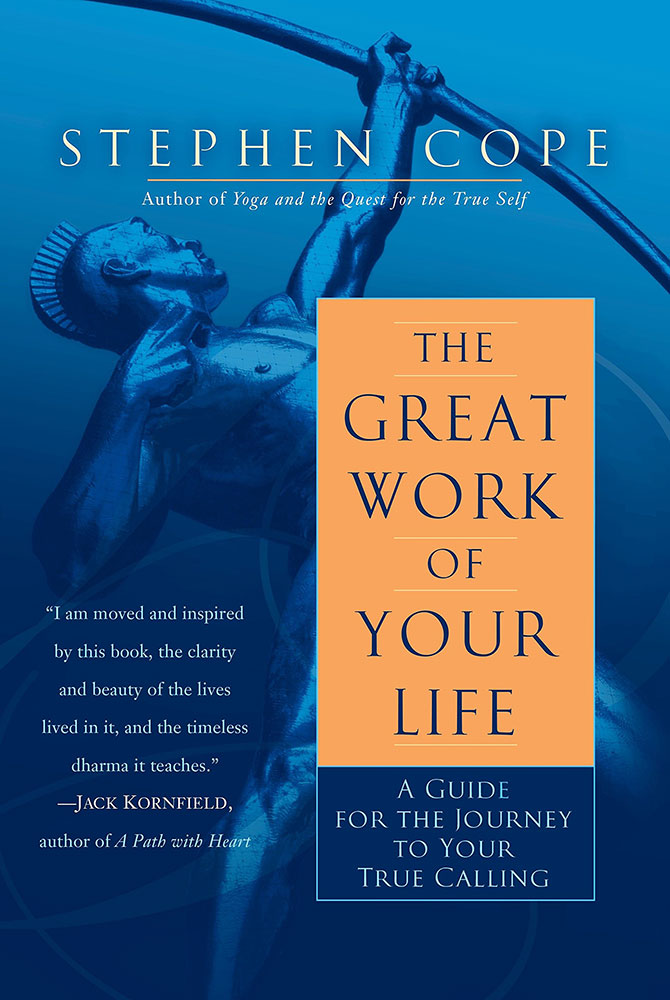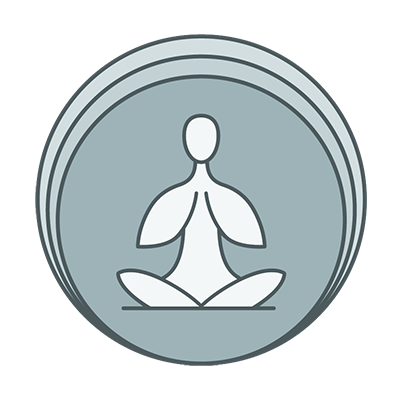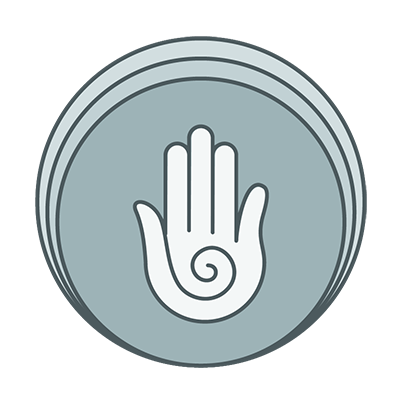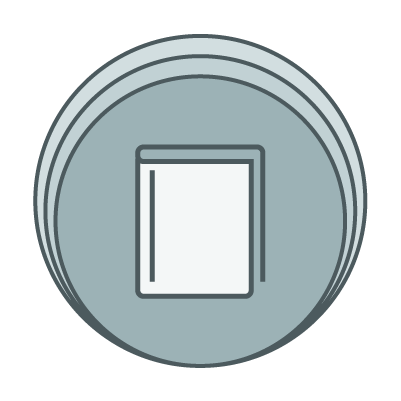The Heart of Self-Care
Self-care is never a selfish act—it is simply good stewardship of the
only gift I have, the gift I was put on earth to offer others. Anytime
we can listen to true self and give the care it requires, we do it not
only for ourselves, but for the many others whose lives we touch.
– Parker J. Palmer
For the past couple of years, I’ve been teaching about self-care, and in particular, approaching personal yoga practice as self-care. Yoga practice aside, self-care is a fraught topic, often met with yearning and cynicism, anxiety and guilt, curiosity and skepticism. Each of these responses belies a strong desire for both frank and open acknowledgement of the real issues underlying the topic and substantive guidance around how to manifest a life with self-care as its foundation.
Self-care’s commodification as part of the still-growing, multi-billion dollar health, wellness, and lifestyle industry only muddies the waters and fuels jadedness around the possibility of living a balanced, meaningful life. When self-care is marketed as a prescription of product-/service-based fixes of one kind or another, it suggests that avoiding or healing from depletion and striking a sustainable work-life balance is mostly a matter of using the right products and services. Needless to say, it’s not.
Advice and even well-intended education about self-care typically centers on tips and techniques or activities, which often translate into additional, separate “to do’s”. Most people who are looking to avoid or heal from depletion and strike a healthy work/life balance have personal and working lives already crowded with pressing demands and responsibilities. Adding more to-do’s, even when they are enjoyable and longed-for, may feel like climbing Mt. Everest. Making matters worse is that even positive messages about the importance of self-care and “simple” techniques or actions that can be taken can inadvertently convey or reinforce a sense of shame or blame around not taking better care of ourselves or striking a healthier work–life balance.
Fleeting Self-Care Actions
While any self-care product, service, or activity on it own may provide comfort, respite, and relief, the relief often remains temporary. And, paradoxically, even simple self-care actions such as taking a stretch break every hour, eating meals away from our work, or remembering to breathe mindfully during moments in a busy, stressful day can feel like putting a band-aid on an open wound that requires stitches. Like New Year’s resolutions, self-care actions embarked upon with the best of intentions frequently become abandoned when the demands of our various responsibilities and the strength of our habits overpower those intentions.

The temporary nature of the relief signals the underlying, unaddressed issue: our well-worn habits and patterns, conscious or unconscious, that take us down the path of over-extension, saturation, and ultimately depletion, repeatedly.
This can and often does happen, even when we vow we’re never going to travel that beaten path again. Then we find ourselves on that over-extension-saturation-depletion path—again. Perhaps each time we take that path a measure of self-recrimination, self-judgment, or other unkind and harsh self-criticism gets stirred into the mix of depletion and it consequences, amplifying the effects, including cynicism and other forms of negativity, and increasing a sense of helplessness, loss of agency, isolation or separation from life.
My Personal Journey
This was the case for me and many people I know personally and professionally. For myself, both striving to overcome/achieve/succeed and give-to/take-care-of-others first and foremost to the point of crashing and burning played out from a young age and well into my adult years. This pattern progressively eroded my resilience, health, and well-being, physically, emotionally, and spiritually. Despite feeling very alone with these tendencies for a long time, I wasn’t—not by a long stretch.
Unfortunately, it took a health crisis in my life for me to begin looking at the conscious and unconscious behavioral patterns that fueled cycles of over-extension-saturation-depletion. A largely unconscious relationship with myself was woven throughout these patterns, one that lacked kindness, love, and compassion for myself when I needed it most.
For the better part of my life, I wore being both driven and hard on myself quietly as a badge of pride. After all, it helped me survive some very challenging and confusing life circumstances from early childhood through my adulthood. And it pushed me to capitalize on my high energy, curious, and creative nature to develop innate skills and talents and to overcome challenges, excel, and succeed. All of this brought positive attention and admiration.
The rub in living as I did lay in how the largely unconscious relationship with myself led to imbalances within my system, physically, emotionally, and spiritually and how imbalance consequently challenged my ability to stay on track with what is most important to me. This unconscious relationship had roots in familial and cultural beliefs and practices around taking care of others first, self last or not at all, and rewards I received for being tough, stoic, independent, and self-sacrificing/denying/effacing.
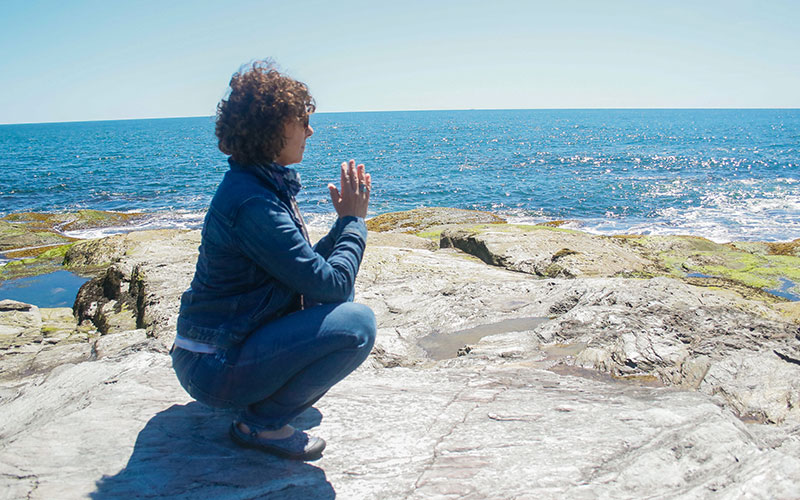
What Can Lead Us Back to Wholeness
My pathway back to health, resilience, well-being, and a life course aligned with what I hold most dear, makes my heart sing, and strengthens my connection to myself, others, and all of life led me to reflect on a number of questions.
- What would my life look and feel like if I cultivated the kind of caring, loving, solicitous, and attentive relationship with myself as I do with someone whom I love dearly?
- What would my life look and feel like if kindness, love, and compassion toward myself 24/7, no matter what, were the very heartbeat of my relationship with myself?
These questions led to deeper inquiry into tacit beliefs and practices both conscious and unconscious, that kept habits and patterns in play that support a cycle of imbalance and depletion.
- Will being kind, loving, and compassionate with myself lead me to be selfish, self-centered, self-indulgent, narcissistic?
- Will being kind, loving, and compassionate with myself lead me to be less caring, empathic, and compassionate towards others?
- Will being kind, loving, and compassionate with myself lead me to be apathetic and less willing to help others?
- Will being kind, loving, and compassionate with myself lead me to be lazy, unmotivated, or less focused and able to live a successful life, pursue and meet goals I set for myself?
These questions inevitably led to further inquiry into the very lifeblood of my day-to-day, moment-to-moment movements and activities because the responses to each inform, consciously and unconsciously, decisions and choices that translate into each movement and activity.
- What gives my life meaning and purpose?
- What makes my heart sing?
- What deepens my connection to myself, others, and all of life?
- What personal qualities support me physically, energetically, mentally, emotional, and spiritually to live in alignment with what gives my life purpose and meaning, makes my heart sing, and strengthens my connection to myself, others, and all of life?
- What personal qualities do I need to cultivate to live in alignment with what gives my life purpose and meaning, makes my heart sing, and strengthens my connection to myself, others, and all of life?
- What habits and routines support me physically, energetically, mentally, emotional, and spiritually to live in alignment with what gives my life purpose and meaning, makes my heart sing, and strengthens my connection to myself, others, and all of life?
- What habits and routines put me out of alignment with what gives my life purpose and meaning, makes my heart heavy, weakens my connection to myself, others, and all of life?
- What am I willing and able to do to create habits and routines that support me physically, energetically, mentally, emotional, and spiritually to live in alignment with what gives my life purpose and meaning, makes my heart sing, and strengthens my connection to myself, others, and all of life?
- Who and what inspires and encourages me to create habits and routines that support me physically, energetically, mentally, emotional, and spiritually to live in alignment with what gives my life purpose and meaning, makes my heart sing, and strengthens my connection to myself, others, and all of life?
Together, these questions form the keystone for my teaching on self-care. They point to the very heart of self-care: Our relationship with our self and our sense of meaning and purpose in life. Personal yoga practice creates a safe container for exploring these questions and cultivating a life rooted in self-care.
Yoga and Self-Care
The yoga teachings tacitly acknowledge that we live in a relational world. Everything inside of us and outside of us exists in relation to something else, interlaced like the fibers of a beautifully and finely woven tapestry. Our very lives are defined by a wide range of relationships, starting with the one we have with our self. This relationship exists in a dynamic interplay with all the other relationships we have.
Because the practice of yoga is fundamentally about our relationship with our self, the practice is designed to affect the quality and health of that relationship on all levels: physical, energetic, emotional, mental, and spiritual. The tools of practice, such as posture, breath, visualization, and meditation, support cultivating these relationships by helping us develop discernment and other qualities we need to create and maintain habits that keep us in balance and on track with what gives our lives purpose and meaning, makes our hearts sing, and strengthens our connection to ourselves, others, and all of life.
Want to learn more about self-compassion, including the latest research on its benefits? Click here. And check out Dr. Kristen Neff’s book, Self-Compassion: The Proven Power of Being Kind to Yourself.
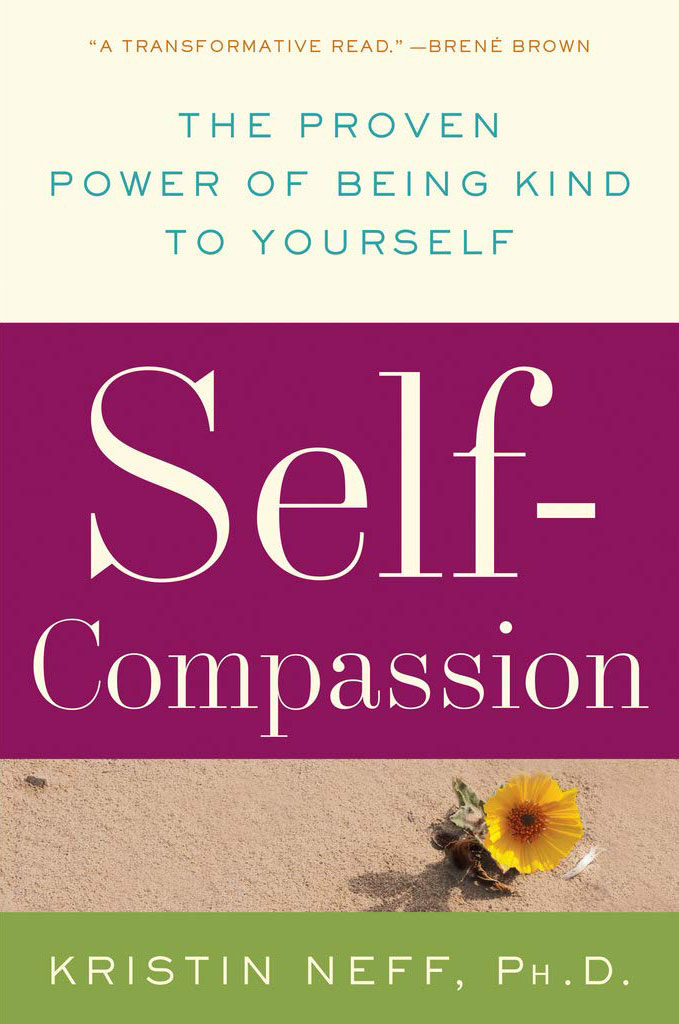
Want a life-changing read about understanding and cultivating our sense of meaning and purpose in life? Check out Stephen Cope’s The Great Work of Your Life: A Guide for the Journey to Your True Calling.
